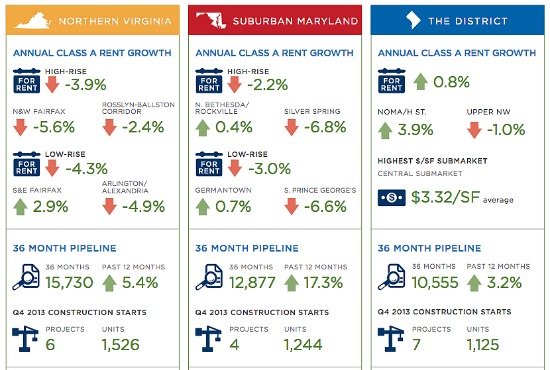- Joined
- Jan 22, 2012
- Messages
- 5,078
- Reaction score
- 1,661
You and your peers simply aren't a profitable enough demographic for prime land downtown. If you want to live in the city, then get a better job. That's all there is to it.
I know you're an immovable brick wall, so not sure why I'm wasting my time... but it's not about "downtown" anymore. It's getting too expensive to live anywhere nearby to the city for anyone not making well over the median income level.
I know you don't care, but there it is.


